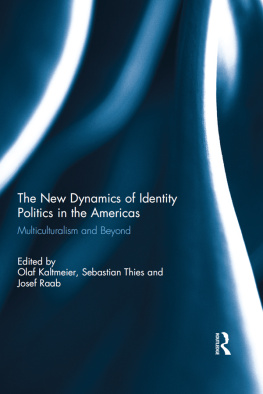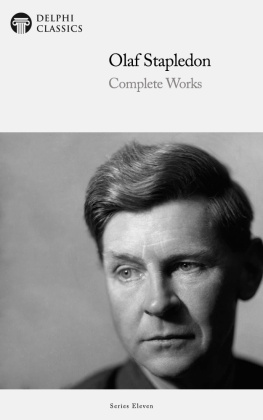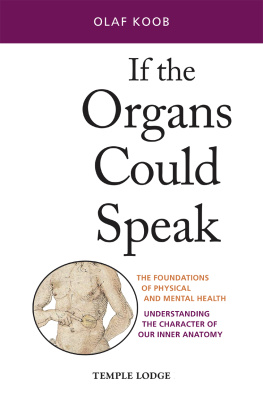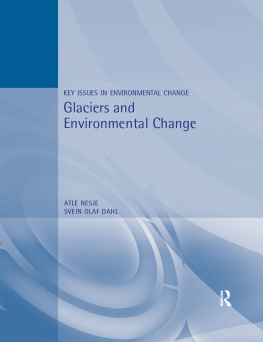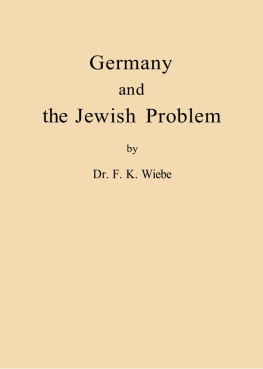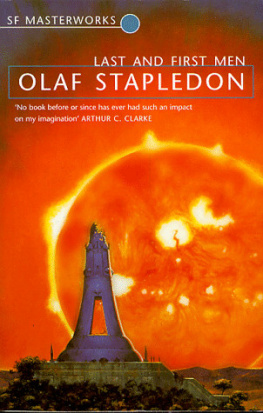Olaf Glöckner - Being Jewish in 21st-Century Germany
Here you can read online Olaf Glöckner - Being Jewish in 21st-Century Germany full text of the book (entire story) in english for free. Download pdf and epub, get meaning, cover and reviews about this ebook. year: 2011, publisher: Cambridge University Press, genre: Politics. Description of the work, (preface) as well as reviews are available. Best literature library LitArk.com created for fans of good reading and offers a wide selection of genres:
Romance novel
Science fiction
Adventure
Detective
Science
History
Home and family
Prose
Art
Politics
Computer
Non-fiction
Religion
Business
Children
Humor
Choose a favorite category and find really read worthwhile books. Enjoy immersion in the world of imagination, feel the emotions of the characters or learn something new for yourself, make an fascinating discovery.

- Book:Being Jewish in 21st-Century Germany
- Author:
- Publisher:Cambridge University Press
- Genre:
- Year:2011
- Rating:4 / 5
- Favourites:Add to favourites
- Your mark:
- 80
- 1
- 2
- 3
- 4
- 5
Being Jewish in 21st-Century Germany: summary, description and annotation
We offer to read an annotation, description, summary or preface (depends on what the author of the book "Being Jewish in 21st-Century Germany" wrote himself). If you haven't found the necessary information about the book — write in the comments, we will try to find it.
Being Jewish in 21st-Century Germany — read online for free the complete book (whole text) full work
Below is the text of the book, divided by pages. System saving the place of the last page read, allows you to conveniently read the book "Being Jewish in 21st-Century Germany" online for free, without having to search again every time where you left off. Put a bookmark, and you can go to the page where you finished reading at any time.
Font size:
Interval:
Bookmark:


Nationalbibliografie; detailed bibliographic data are available in the Internet
at http://dnb.dnb.de .
A Word from the Editors of this Volume
German Jewry Revisited
Jews in Divided Germany (19451990) and Beyond
Scrutinized in Retrospect
The Making of Holocaust Trauma in German Memory
Some Reflection about Robert Thalheims Film And Along Come Tourists
Saving the German-Jewish Legacy?
On Jewish and Non-Jewish Attempts of Reconstructing a Lost World
Re-Unified Germany
Germanys Russian-speaking Jews
Between Original, Present and Affective Homelands
Russian Food Stores and their Meaning for Jewish Migrants in Germany and Israel
Honor and Nostalgia
Moving from the Present via the Past to Look toward the Future
Jewish Life in Germany Today
Israelis and Germany
A Personal Perspective
Reflecting a New Jewish Presence
Reconceptualization of Jewish Identity as Reflected in Contemporary German-Jewish Humorist Literature
Hava Nagila
A Personal Reflection on the Reception of Jewish Music in Germany
Aliyah Le Berlin
A Documentary about the Next Chapter of Jewish Life in Berlin
Germany Facing Old-New Anti-Semitism
Educated Anti-Semitism in the Middle of German Society
Empirical Findings
Anti-Semitism within the Extreme Right and Islamists Circles
Thrice Tied Tales
Germany, Israel, and German Muslim Youth
Jewish Education and the Religious Revival
New Structures of Jewish Education in Germany
A Vision Come True
Abraham Geiger and the Training of Rabbis and Cantors for Europe
Font size:
Interval:
Bookmark:
Similar books «Being Jewish in 21st-Century Germany»
Look at similar books to Being Jewish in 21st-Century Germany. We have selected literature similar in name and meaning in the hope of providing readers with more options to find new, interesting, not yet read works.
Discussion, reviews of the book Being Jewish in 21st-Century Germany and just readers' own opinions. Leave your comments, write what you think about the work, its meaning or the main characters. Specify what exactly you liked and what you didn't like, and why you think so.




